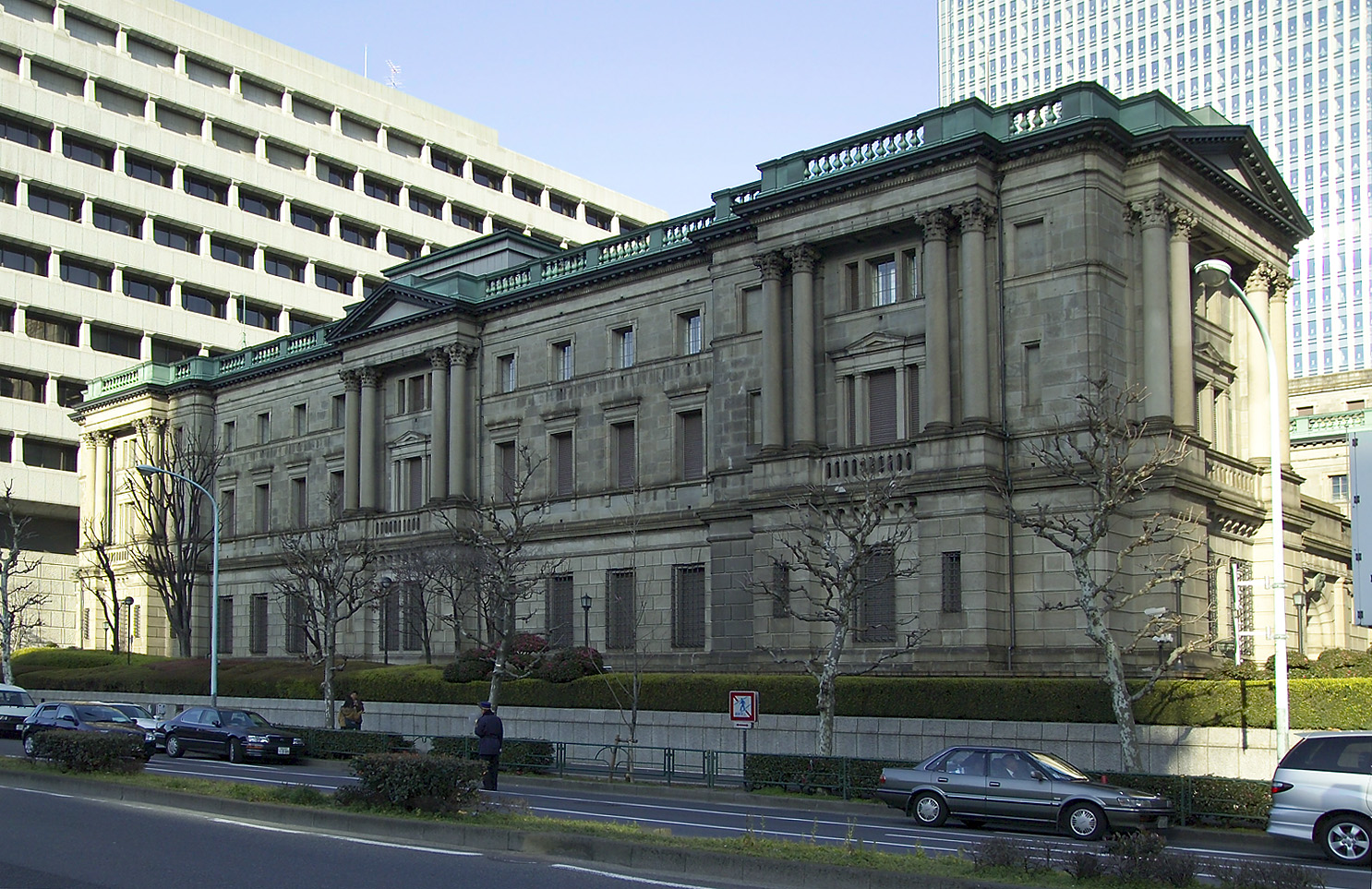Experienced Investor
Investors U-turn on Japan after QE jumpstart

Investors and fund buyers are increasingly backing Japanese equities as the country boosts its quantitative easing (QE) programme, and rotates its national pension fund towards domestic equities.
Japanese stocks soared to a seven-year high at the end of October as the Bank of Japan unveiled a new round of quantitative easing, the timing of which surprised market commentators.
The central bank will increase the monetary base to ¥80trn (£454bn) a year, up from a previous target of ¥60trn-¥70trn, in a bid to boost inflation to 2 per cent.
Simultaneously, Japan’s national pension fund, the $1.2trn Government Pension Investment Fund, cut its government bond holdings and reallocated to equities (see table below).

Managers hope these moves will prove supportive of asset prices in the country after a disappointing 2014: the Nikkei is up 4.7 per cent year to date but the MSCI Japan is down 2.6 per cent, while the S&P 500 is up 11.2 per cent over the same period.

How life insurance can benefit your health and wellbeing over the decades
Sponsored by Post Office
One of the main worries depressing stock prices was the potential impact of the sales tax rise seen in April. This increase from 5 per cent to 8 per cent has been one of the biggest economic reforms the country has seen this year, second only to QE.
Prime Minister Shinzo Abe is scheduled to go ahead with a second hike in October 2015, from 8 per cent to 10 per cent.
A final decision will be made in December 2014, after the government has assessed Q3 GDP and other economic indicators.
Both F&C multi-manager Rob Burdett and Psigma Investment Management CIO Tom Becket have visited Japan in recent months to assess the outcome of the April move.
Burdett said: “Both consumer spending before the sales tax and the effect since then were exaggerated. Firms reporting their forecasts for 2014 are likely to have been too conservative, despite the blip of recovery.”
Becket remains positive on the region, and predicted the second increase could be postponed as the tax hikes have been unpopular with the workforce.
“There is a chance this decision will be shelved. We think this policy is totally inconsistent with what Abe is trying to achieve,” he said.
“The more likely scenario is that the tax rise will be agreed as previously planned, but the Abe administration will introduce corporation tax reform and reductions, exerting greater pressure on Japanese companies to raise wages.”
He is exploring adding exposure to ‘untouched’ Japanese small-caps, and estimates an overweight in Japan could deliver a 50 per cnent return for investors in the next three years.
Meanwhile, Charles Hepworth, investment director at GAM, has moved overweight Japan as he expects hot money to support the market.
Premier Wealth managing director Adrian Shandley has bought back into the country for the first time since 1992, adding an equity market tracker, plus funds from AXA Framlington and Legg Mason.
Meera Hearnden, senior investment manager at Parmenion, is also overweight on Japan across her portfolios: “Japan struggled this year because of the tax hike, but we hope this is only a temporary slowdown. QE will give it a boost and will hopefully lead to future growth.”